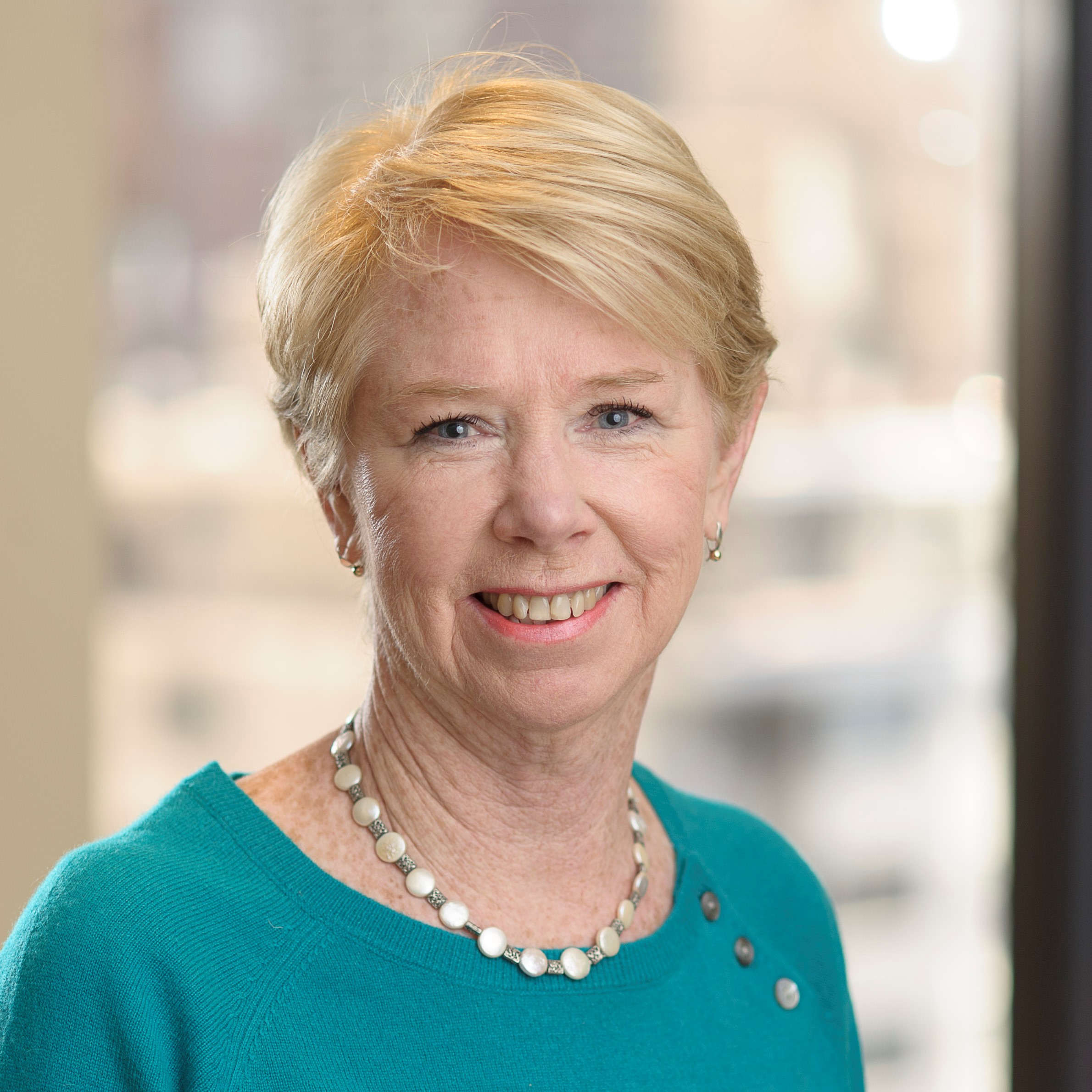Nursing Is Science First; It Just Appears Heroic
Science, our reliance on the foundations of epidemiology, and management of a public health crisis have been unprecedented discussion topics this year. We have never had a greater need to rely on data, science, and the evolving understanding (https://doi.org/10.1186/s12967-020-02364-2) of experts about the COVID-19 coronavirus and how to contend with it.

The recommendations based on early reports from China and Europe and previous coronavirus transmission history have changed as our knowledge and experience grows. Other coronaviruses, for example, are largely spread by respiratory droplets, but evidence is mounting that COVID-19 may have (https://doi.org/10.1093/cid/ciaa939) higher-than-expected airborne transmission rates and aerosols that last (https://doi.org/10.1038/d41586-020-00974-w) hours in circulation and harbor in recirculated air. The conflicting recommendations about mask wearing and the parallel need to conserve masks for essential workers led to confusion and suspicion about the need for the public to wear masks to suppress the disease. Multiple scientific studies now show that wearing masks (https://doi.org/10.1001/jama.2020.13107), social distancing, and hand washing can greatly reduce (https://doi.org/10.1016/S0140-6736(20)31142-9) exposure, transmission, and infection rates.
Oncology nurses have always relied on science in the therapeutic development of modern effective cancer treatment. Randomized clinical trials and controlled phases of treatment evaluation have been part of the gold standard evidence base for our patients’ protection and safety. Governments, industry, and the medical and scientific communities are now collaborating (https://doi.org/10.1186/s12967-020-02364-2) in new ways on rapid application of scientific methods to develop vaccines and therapeutics to change the course of this highly contagious and deadly disease.
To provide optimal care for patients with cancer during this situation, we have had to change our nursing practice. As we moved to deliver care remotely, we rapidly applied evidence and adopted technology to manage our high-risk patients during treatment. But the learning curve for providers and patients has been fraught with limitations of access and skill. Provision of care to patients with advanced disease at the end of life and their families became particularly challenging, especially with restrictions on hospital visitation and limited community resources. Yet the oncology nursing online communities, webinars, and journals are filled with evidence-based examples of how nurses have met the demands of treating our most vulnerable patients.
Addressing the labeling of nurses as “coronavirus heroes,” authors Choi and Dermenchyan described (https://www.statnews.com/2020/07/30/science-behind-nurses-as-coronavirus-hospital-heroes) how nursing science is actually the basis of nursing’s acclaimed response to the pandemic. “Nurses are not kind and heroic because they are good people, but because nursing science tells us that building relationships with patients and treating the whole-person response to disease is therapeutic for their health,” they wrote. Oncology nurse scientists also are engaged in rapid response research to validate nursing interventions during the pandemic.
The world has changed drastically in just eight months, but we have benefited from the escalation of science to understand and defeat the worst of this disease. Our profession has kept pace with and in many ways excelled in meeting the demands of patient care as we apply principles of nursing science to address the holistic response to disease.
As we celebrate the 200th birthday of Florence Nightingale in 2020 during these uncertain times, remember her words: “I am of certain convinced that the greatest heroes are those who do their duty in the daily grind of domestic affairs whilst the world whirls as a maddening dreidel.”
